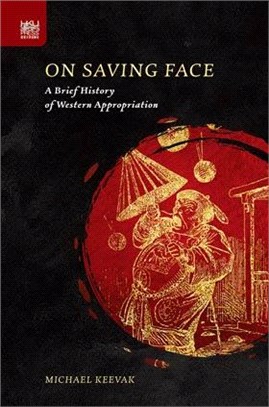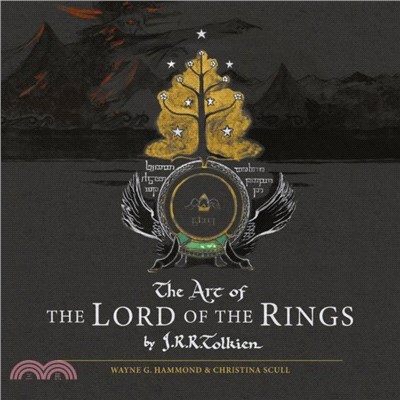On Saving Face: A Brief History of Western Appropriation
商品資訊
ISBN13:9789888754281
替代書名:論「挽救面子」:西方挪用簡史
出版社:香港大學出版社
作者:Michael Keevak
出版日:2022/06/20
裝訂/頁數:精裝/136頁
規格:22.9cm*15.2cm (高/寬)
版次:初
商品簡介
作者簡介
名人/編輯推薦
“To ‘save’ or to ‘lose face’, the ‘giving of face’ or the humiliating absence of such a noble gesture have since the nineteenth century been regarded as archetypical features of the puzzling cultural universe that ‘China’ represented in the eyes of the West. This book is the fruit of many years of meticulous research by Michael Keevak, conclusively argued and—importantly—enjoyably written. A ‘must’ for any reader with an interest in Chinese culture.”
—Lars Laamann, SOAS, University of London
“Revising assumptions that ‘saving face’ is a term of exclusively Chinese origin, Keevak traces deftly how the expression emerged rather in a shuttle movement between East and West, in European colonialist efforts to pinpoint and essentialize ‘Chineseness.’ This lucidly written book brings us to new understanding of an old term.”
—Emily Sun, Barnard College, Columbia University
主題書展
更多書展今日66折
您曾經瀏覽過的商品
購物須知
為了保護您的權益,「三民網路書店」提供會員七日商品鑑賞期(收到商品為起始日)。
若要辦理退貨,請在商品鑑賞期內寄回,且商品必須是全新狀態與完整包裝(商品、附件、發票、隨貨贈品等)否則恕不接受退貨。
























